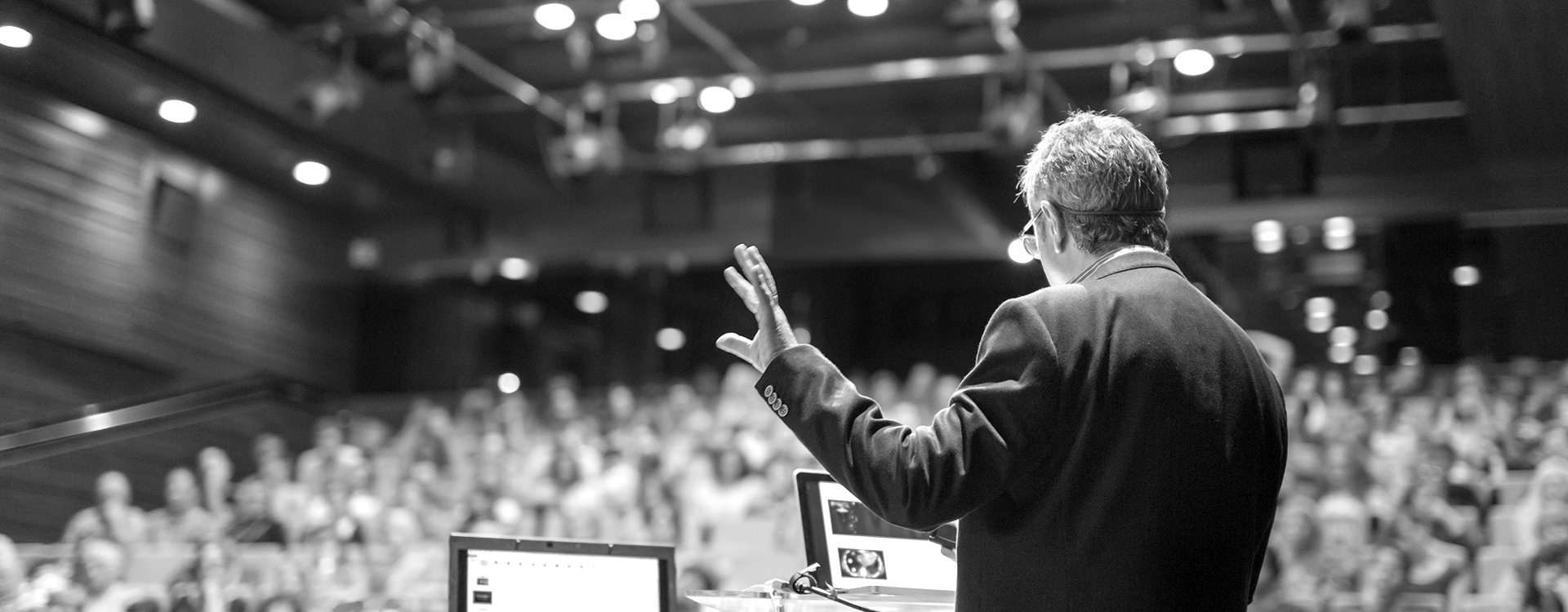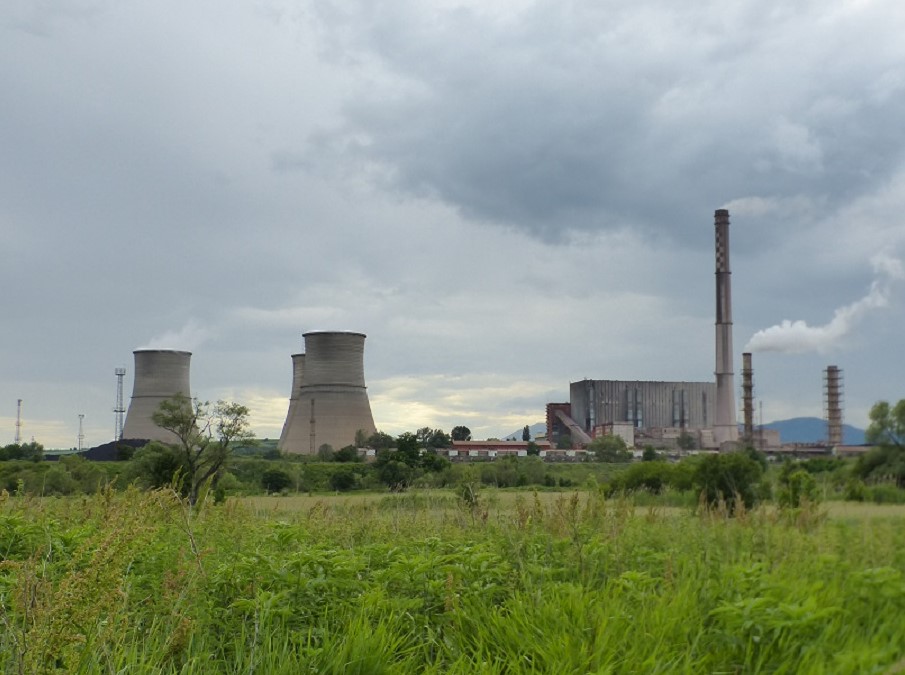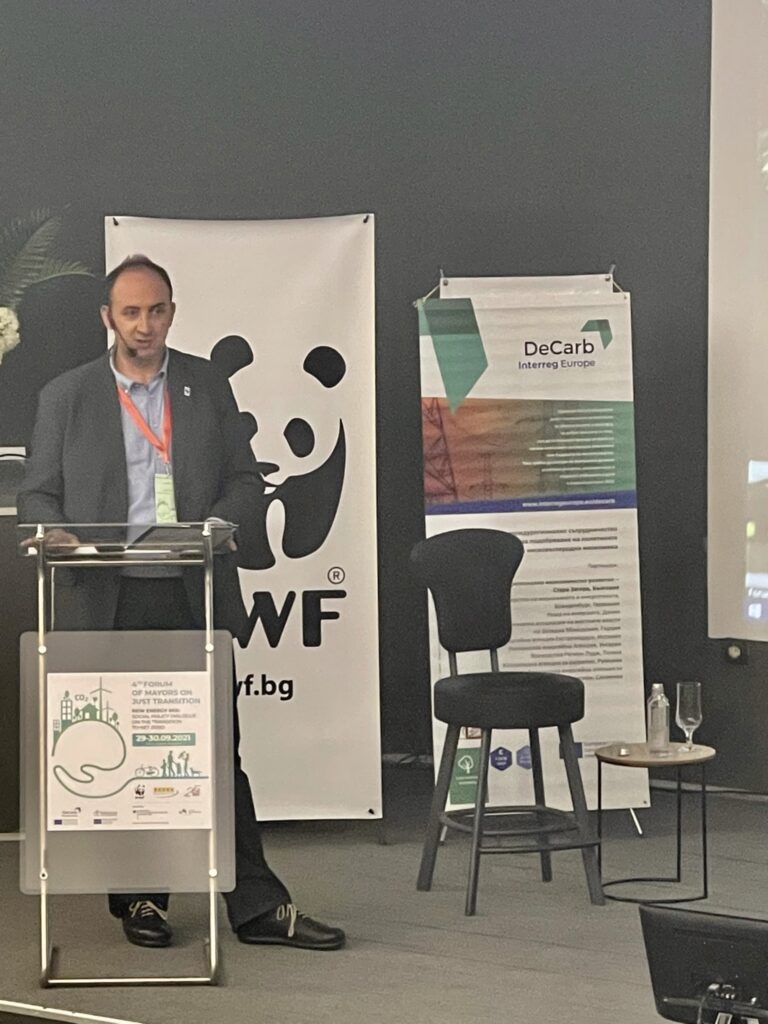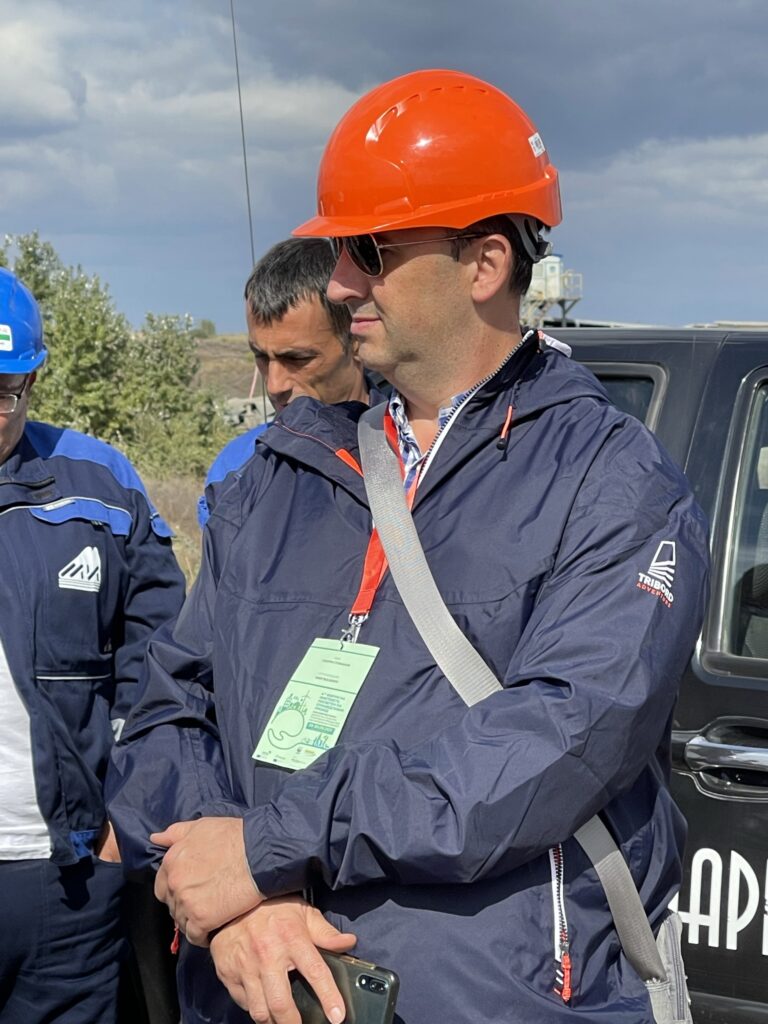Bulgaria is still reliant on coal for 40% of its electricity, and the sector provides jobs for around 15,000 people directly, and 50,000 indirectly. But with the national government about to announce a coal phase-out date, the question of how to move to clean energy sources – while looking after those whose livelihoods will be lost – is critical.
It is this topic which brought together EU Commission Executive First Vice President Timmermans with mayors from coal communities and hundreds of people from local administrations, European institutions, business and NGOs on 29-30 September 2021. Hosted – mainly online – by the coal municipality of Stara Zagora in central Bulgaria, it was the fourth such ‘Forum of Mayors’ convened by WWF to discuss a ‘just transition’ away from coal.
Locally, momentum is growing across Europe for a socially fair end to coal. 71 coal city mayors from 11 European countries have now already signed a declaration in support of a sustainable future, promising to work to achieve zero carbon emissions in their municipalities.
We spoke to WWF-Bulgaria climate and energy practice lead, Georgi Stefanov, about the event, main outcomes – and what’s next.
What were the reasons for asking Stara Zagora to host the Forum this year?
Bulgaria has five main coal municipalities. Previously WWF worked mainly with Pernik and Bobov Dol in the south—west of the country. But it was important we bring in Stara Zagora, which provides 90% of the country’s coal, and is home to the biggest coal mine and the biggest thermal power plant on the Balkan peninsula!
What is the attitude in Stara Zagora to the end of coal?
In Bulgaria we have a joke: the best job is a state-job because you get paid and you do nothing. In Stara Zagora the coal mine and the biggest coal plant are state-owned. The 12,500 people working in the sector have a good income – sometimes they even have a second, unofficial job on the days they are not working in coal. So they worry about losing their coal incomes.
Generally, people in this region are against ambitious climate and energy policy. However, the surveys run by WWF-Bulgaria every other year show that the opinions are shifting. When we started in 2008 only 10% of people were really concerned about climate change – this year’s result was nearly 50%! But poverty and low incomes are still the biggest issue to most people.
Did you see any changes from the Forum of Mayors? How did the event go?
It was very positive. We went into the event with the three coal municipality mayors from Stara Zagora wanting to keep coal going. They had even signed a pro-coal statement recently circulated by trade unions. That is very different to the attitude of the mayors from the Bobov dol and Pernik areas, who are really active and supportive of a move away from coal.
Yet when I spoke to them, I saw their eyes open to the possibilities of EU financing in building a better future away from coal – something that had previously seemed impossible.
They started seeing ways the Just Transition and other EU funds could support their needs in terms of greening transport, energy efficiency, renewable energy – they realised these opportunities bring a sustainable, clean future within reach.
However, what the mayors are missing to make this happen is expertise, people, resources. The smallest area Bobov Dol for example has only three experts on EU funding, but with these new opportunities would need 20 times that.
So now, all five Bulgarian coal region mayors are joining together for the first time, to write to our government calling for support to build capacity. Then, they will be able to start to apply for these funds and use them to shift away from coal to a sustainable future in a socially fair way.
What are the key challenges now facing Bulgaria in terms of coal and just transition?
Bulgaria is at a crossroads. The European Commission requires a coal phase-out date – Bulgaria is the last EU Member State to set one. It is due to do so in the next couple of weeks, before national election campaigns begin on 14 October. Of course, everyone supports different dates! NGOs say this must be before 2030; businesses say 2035 at the latest; trade unions want earliest 2040….
What we do see is that this is the first time that coal, and exiting coal, is such a big deal. This is our third election in 2021 – and the other times, ending coal wasn’t even discussed. Now, we are putting in place a coal exit commission which is a reform planned from the Bulgarian resilience and recovery plan. What’s more, our national energy strategy and 2030 climate and energy plan as well as the long term decarbonisation strategy for 2050 will be reviewed and updated soon.
In all this, the five coal municipalities are on the front line. Will they win, or lose? A lot will hinge in the decisions made in the next few weeks.







